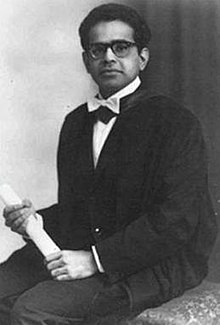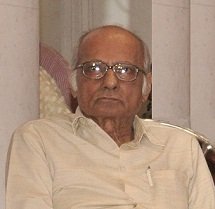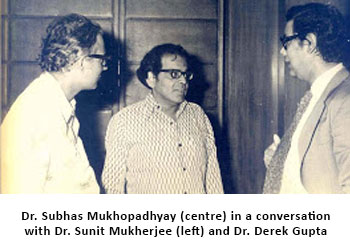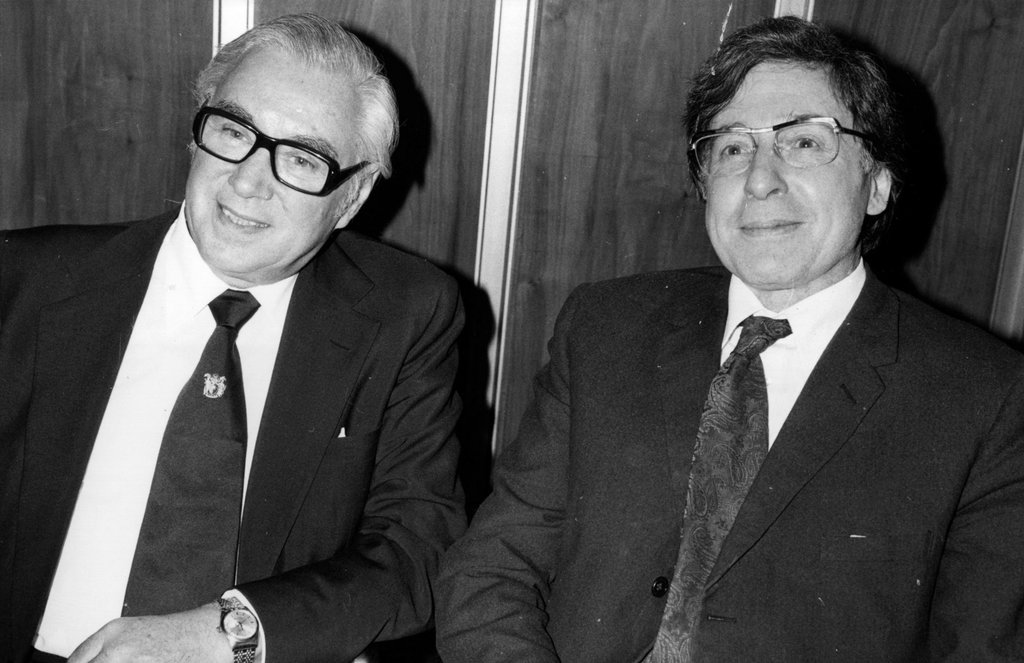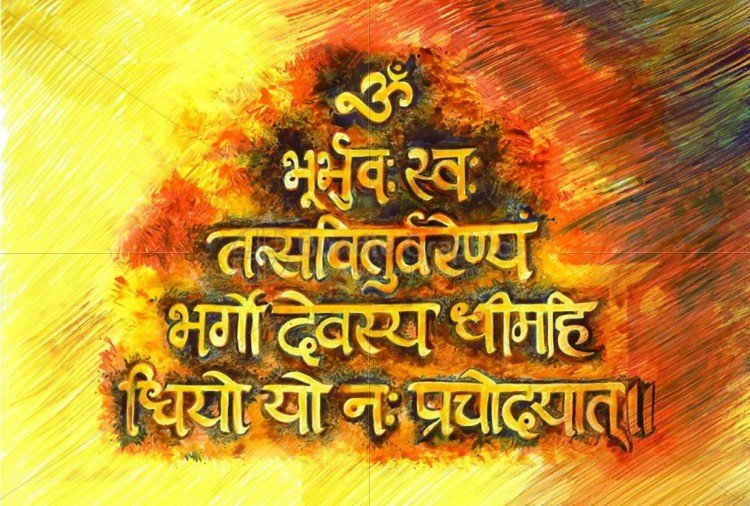The closing keynote from @davidjalmond at @The_UKLA Writing for Pleasure conference was just so wonderful. I feel like i'm going to explode with inspiration and excitement. I was too hooked to tweet at the time but some key thoughts that stood out to me...
More from Writing
I can second this observation through personal experience. I was only able to start writing because "it's just dumb weeb fanfiction quests, who cares." 100,000 pages of dumb weeb fanfic later, and I actually got better... but only because I was trying my best with every page.
"It's dumb weeb fanfiction" gave me permission to be bad, to vomit things onto the page that I knew fell far short of what I wanted it to be. To just write and write instead of laboring over six paragraphs for weeks like I'd always done before.
But I still *wanted* to be good.
Writing is HARD. And unfortunately, most people don't appreciate just how hard writing (or communication in general) is, and that cultural attitude infects writers, too.
You must give yourself permission to be bad. And realize that all writing is practice.
IT. COUNTS.
And as the folks in my mentions are pointing
... it's an excellent way to find out what actually resonates with other people - putting work out there. Even your early bad stuff you'll cringe at later.
What resonates is NOT easy to tell, because we all, inherently cringe at ourselves, a lot.
I think the mistake a lot of people make is that they write to make a good work instead of writing to make themselves a better writer (who will eventually be able to make good works). The second promotes training and builds humility while the first is just narcissism.
— Dan Kim (@CloneManga) October 31, 2020
"It's dumb weeb fanfiction" gave me permission to be bad, to vomit things onto the page that I knew fell far short of what I wanted it to be. To just write and write instead of laboring over six paragraphs for weeks like I'd always done before.
But I still *wanted* to be good.
Writing is HARD. And unfortunately, most people don't appreciate just how hard writing (or communication in general) is, and that cultural attitude infects writers, too.
You must give yourself permission to be bad. And realize that all writing is practice.
IT. COUNTS.
And as the folks in my mentions are pointing
It gave us hellcow, so it clearly worked
— Argatson (@warhammer651) October 31, 2020
... it's an excellent way to find out what actually resonates with other people - putting work out there. Even your early bad stuff you'll cringe at later.
What resonates is NOT easy to tell, because we all, inherently cringe at ourselves, a lot.
\u201cDumb weeb X\u201d is a concept with a lot of power.
— J (@Becquerl1) October 31, 2020














